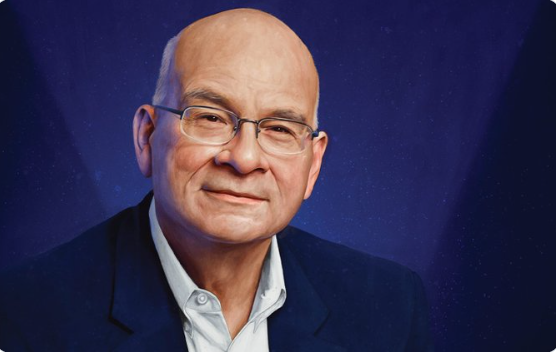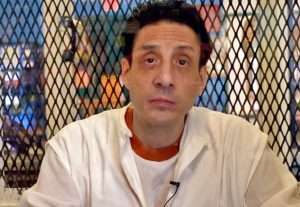Timothy Keller, Redeemer Presbyterian Church founder, and a longtime senior pastor died at 72.
His son, Michael wrote on Tim’s official Twitter account: “Timothy J. Keller, husband, father, grandfather, mentor, friend, pastor, and scholar died this morning at home. Dad waited until he was alone with Mom. She kissed him on the forehead and he breathed his last breath. We take comfort in some of his last words. ‘There is no downside for me leaving, not in the slightest.’ See you soon Dad.”
Also Read | Andy Rourke: Cause of death, net worth, age, relationship, career, family and more
Less than 24 hours prior to Tim’s death, he has been discharged from the hospital and was receiving hospice care. “Health Update: Today, Dad is being discharged from the hospital to receive hospice care at home. Over the past few days, he has asked us to pray with him often. He expressed many times through prayer his desire to go home to be with Jesus. His family is very sad because we all wanted more time, but we know he has very little at this point. In prayer, he said two nights ago, ‘I’m thankful for all the people who’ve prayed for me over the years. I’m thankful for my family, that loves me. I’m thankful for the time God has given me, but I’m ready to see Jesus. I can’t wait to see Jesus. Send me home,'” Michael had previously written.
Former Vice President Mike Pence, who is a known devout Christian, told people to pray for Tim at the time.
Also Read | Billy Graham dies: WWE star’s cause of death, quotes, net worth, career, family and more
Who was Tim Keller?
Tim was battling pancreatic cancer prior to his demise. He was initially diagnosed with stage four pancreatic cancer in May 2020. Since then, he has undergone two years of chemotherapy.
He was on an immunotherapy drug trial at the National Institute for Health in Bethesda, Maryland from January. Despite his and his family’s efforts, Tim announced in a Facebook post in March that additional cancerous tumors had returned. As a result, he was required to undergo a variation of the previous immunotherapy treatment.
“They are unfortunately in some fairly inconvenient places, so the doctors encouraged us to go through the treatment again, this time targeting a different genetic marker of cancer,” Keller wrote. He shared in April that he was recovering from the treatments but he anticipated it to be a “long and slow process back.”
He is also a survivor of thyroid cancer, which he was diagnosed with in 2002.







